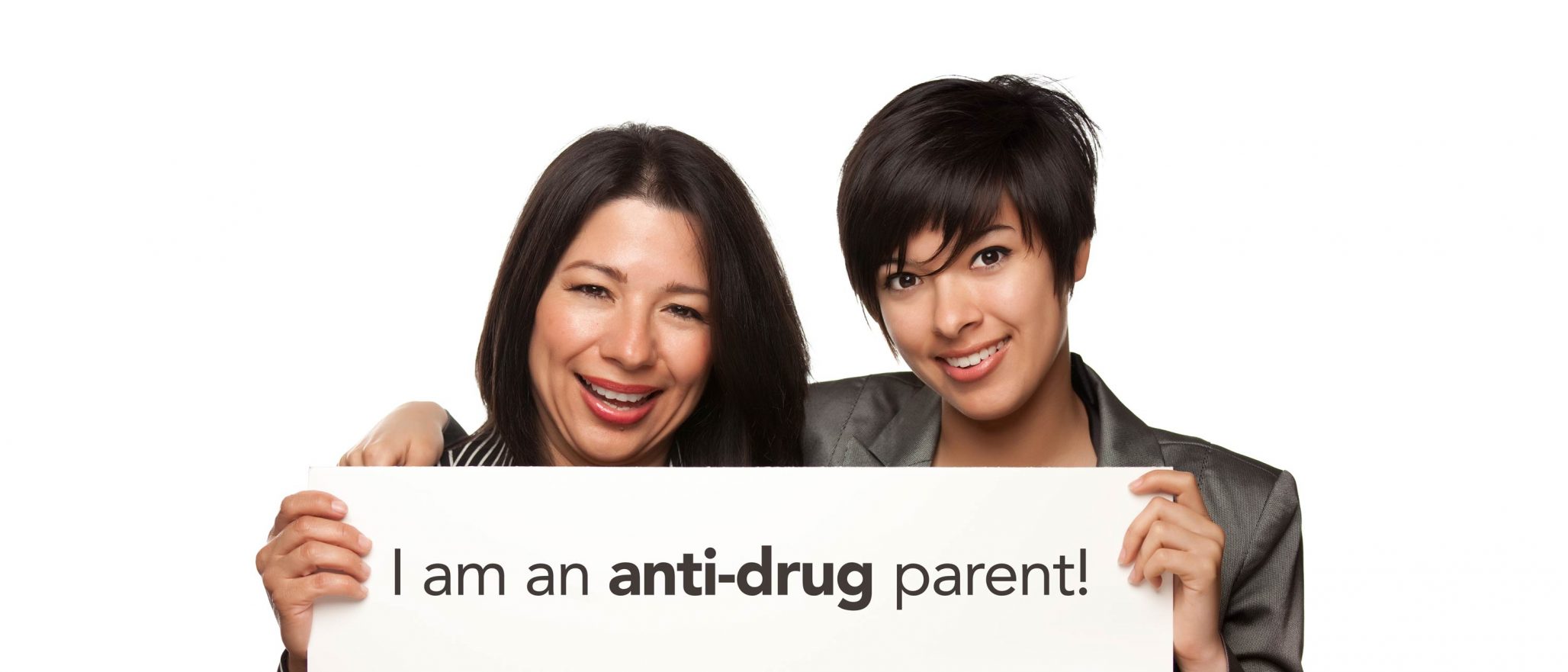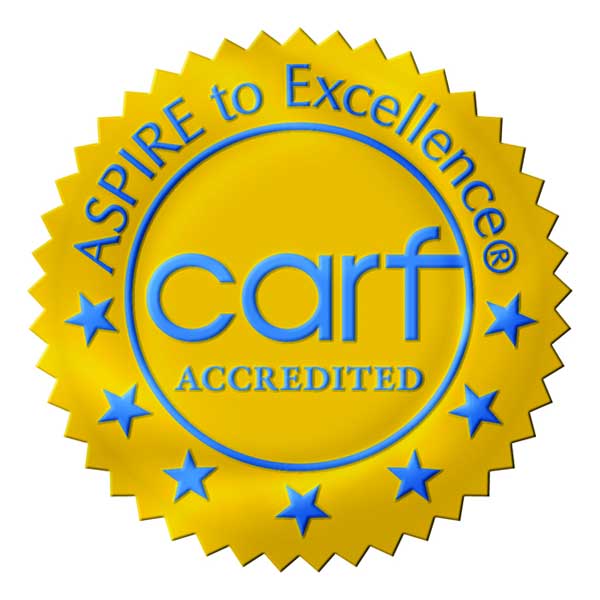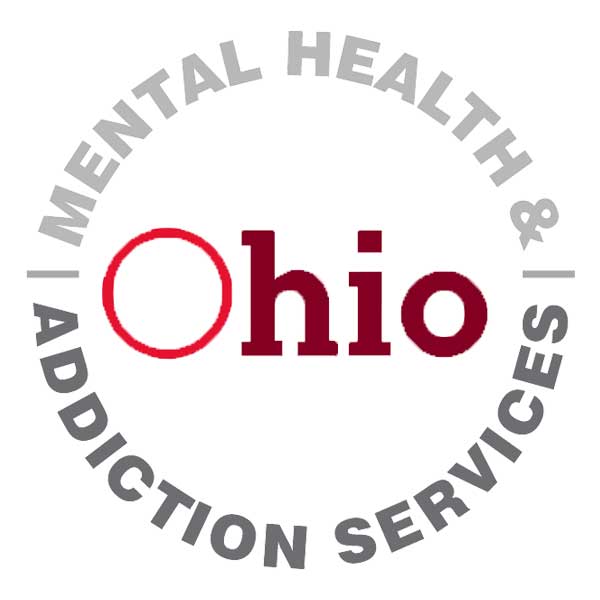RECOVERY STARTS HERE!
513.792.1272
When the Path to Good Parenting is Hard to Navigate

Good parenting may include the heart-wrenching task of bringing your teen to a professional for a Substance Use Disorder (SUD) or mental health evaluation. Everyone involved can feel a wide range of emotions.
Parent are often the last to know that their child has a serious problem with alcohol or drugs. Their teen tries to keep them in the dark in order to avoid conflict and to be able to continue to drink or use. Add normal denial to a teen’s desire for privacy, and it’s sometimes not until others (school officials, physicians, mental health provider, or law enforcement) make parents aware of the problem, that an assessment is required. Family may be aware there is a problem, but their own denial or a misunderstanding of substance use disorders may make it difficult to act.
Following a Good Parenting Model
Our clinicians are well trained to help parents through a range of emotions. Parent may ask themselves many questions including:
- Did I create the problem?
- Will they (child or clinician) blame me?
- How (much) will this affect our lives?
- How much will this affect our already tight family budget?
These questions and fears are normal when a parent faces a dilemma. Don’t be deterred by them.
Why does it feel hard to want help?
If a child has a ‘real illness,’ like cancer, heart disease, or pneumonia, the answer seems clear: get help immediately! When it comes to SUDs, the path does not feel as clear or as urgent to some parents.
As a substance abuse professional, the distinction between ‘real’ illnesses and substance abuse continues to surprise me. This differentiation hurts those who are affected by substance use disorders. Like all illnesses, the earlier a person gets help, the more likely the treatment is to be successful. Yet every week parents make decisions that leave this problem untreated. Why do good, caring parents make these potentially harmful decisions?
The answer is not simple. A parent first has to acknowledge that his/her child has a problem. For some adolescents with SUDs, their lives seem (at first) only a little different than before they started using. With other illnesses, a child may ask the parent for help or the solution seems simple and likely to succeed. SUDs seem different. Instead of asking for help, the adolescent asks to be left alone. With other illnesses, the medical community takes charge of the problem. In contrast, the patient and the family must ultimately be an integral part of the solution when there is a substance use disorder diagnosis.
With other illnesses the parent feels like his/her child is a victim. Substance use disorders are very different. Parents often feel that their child’s behavior is the problem. This concept seems logical until you remember that many people who experiment with alcohol, marijuana or other drugs never have a problem. Your teenager did not cause their illness, but they need to change their behaviors once the problem is identified. This is no different than someone with diabetes.
Does the child get to choose?
When the professional presents the findings of substance use disorder to an adolescent and the family, the unthinkable sometimes happens. The parent, rather than making the decision to get treatment, turns to the child and says, “What do you want to do?”
Whatever the teen says at that moment, the clinician knows that the parent feels that sense of powerlessness and has temporarily lost the ability to practice good parenting. S/he is no longer the leader in the family. This parent has been so affected by this illness that s/he expects the substance dependent child to be capable of making a healthy decision. You will not be surprised to know that these teens rarely choose to enter treatment.
When have you ever given a 15 or 16 year old responsibility to make a healthcare decision? Not with cancer, not with serious allergies, not even with a sustained fever or cold.
Our goal at ASAP: Give parents back the power to help their child.
If you suspect that your child has an issue with alcohol or other drugs and needs help, don’t wait! Act immediately for the best chance in recovery. Call 513-792-1272 to speak with an ASAP intake specialist and get more information.
RELATED POSTS
ASAP is Cincinnati's premiere outpatient treatment center for teenagers, young adults, and their families struggling with substance abuse and mental health problems. Our specialized programs include TRIP for adolescents (ages 12-19), PIVOT for young adults (ages 18-26), and Clarity Intensive for those with emotional and behavioral disorders.
SUBSCRIBE
Enter your email address to receive news and information from ASAP.
[sibwp_form id=2]CALL US AT
513.792.1272
OR
Request a call from an ASAP professional










